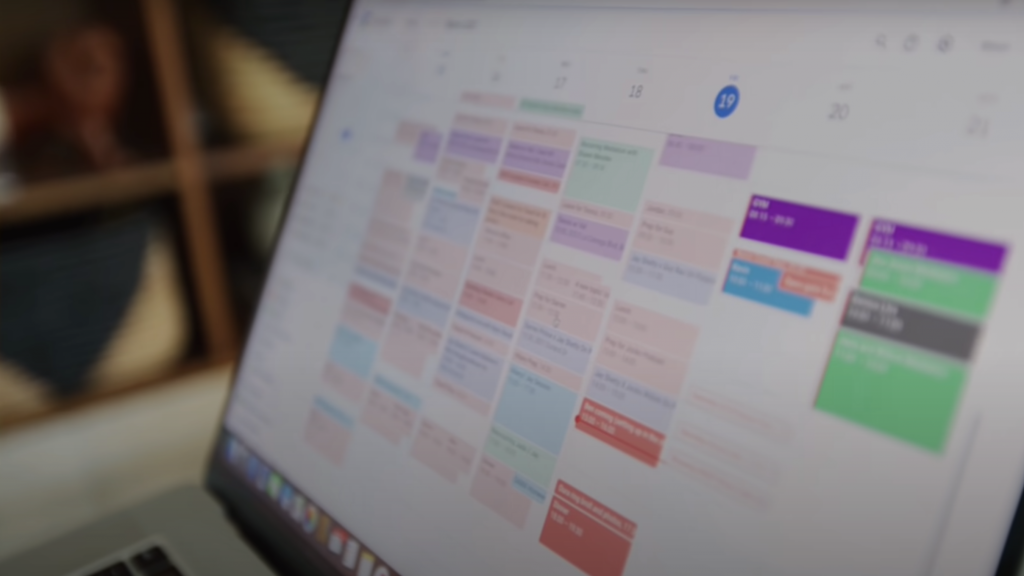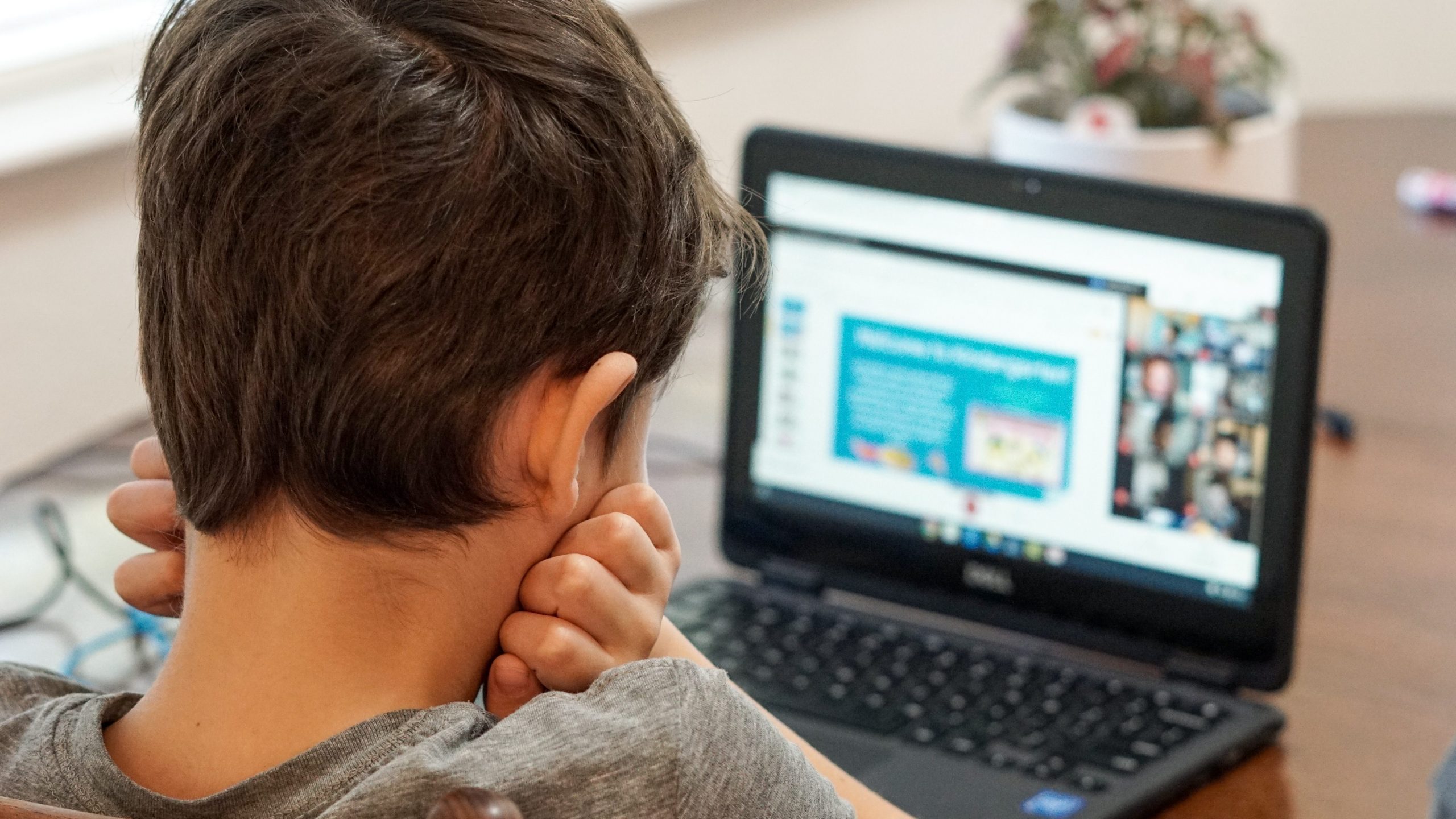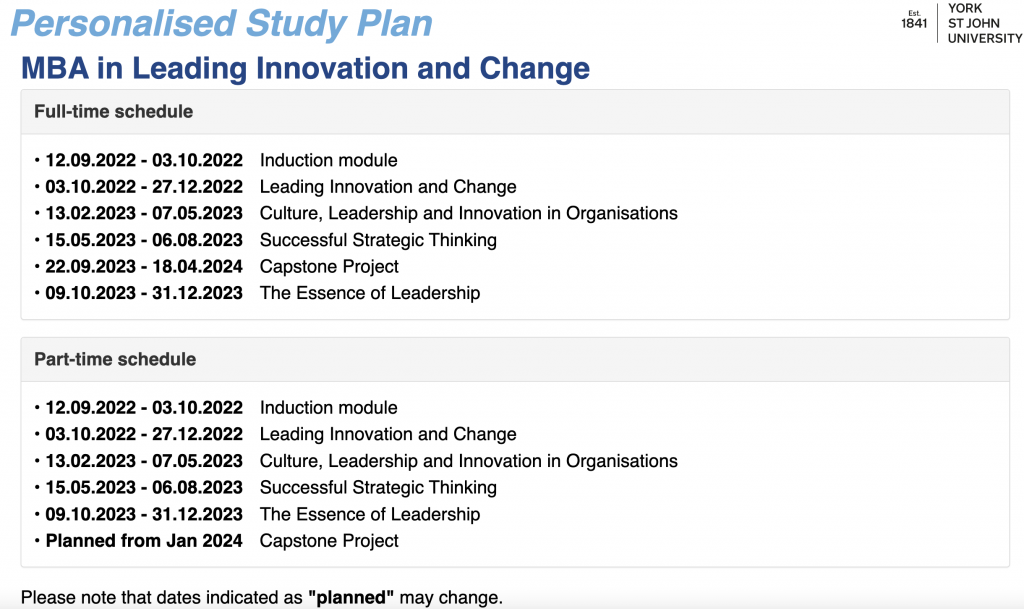Sometimes, the fear of the unknown is more of a hindrance in achieving your end goal. Once you are past this fear and are well informed, it is just a matter of planning your path. Similar is the plight of students who want to study of online but face the fear of the unknown, such as : What is the best way to study online? Should you do an online programme? How to better manage time when learning online? And so on.
Through this continuing series of blog posts, some of our past and current students have shared their experiences, thoughts and opinions and given their feedback on handling some of these choices and situations. Hopefully, this will help you to make an informed decision.
This time we have a charismatic, authentic leader and scholar, alumni from University of Cumbria.
An Introduction
Which Uni are you studying with?
University of Cumbria
Which programme did you choose and why?
Master’s of Business Administration – because I believe in understanding enterprise end-to-end including its critical resources – which are – people. The only way to gain such understanding is by studying the general MBA.
The Study Plan
How did you plan to study each module, and what was the reality? For example, how many hours did/do you have to put in each day/or in a week?
The plan was to tackle each module soonest or even before we formally commence with it; it did not always happen that way due to other commitments such as work, family etc; I did on average utilised at least 3.5 to 4.5 hours daily for studying.
What part of the day did/do you find most suitable to study? (e.g. early mornings, lunch break, evenings, weekends?)
There was no preferred time for me; I would read as my brain demanded at any time of the day.

How much time did you devote to each assignment?
I dedicated an average of 4.5 hours per day to deal with my studies.
Travelling and Communication
 Photo credit: Unsplash.com
Photo credit: Unsplash.comHow did travelling impact your ability to study?
Travelling did affect negatively because when you travel the concentration reduces, Therefore, at times I found myself behind my reading/studying schedule.How were you able to interact with peers and/or professors given the time differences?
The platform we utilise plays a quintessential role because discussions remain on the forum for further peruse if one misses the class; this did eliminate the issues of time differences. On the other hand, my City’s time is in line with UK time so I did not have problem as such

A typical day as a master’s studentWhat does a typical day as an Online Masters’ student look like for you?
It remains busy typically; I am naturally a busy person juggling amongst gym, work, family and martial arts, so studying only was just another exercise added to the many others I already had. Mind you however, that some people found it odd the way I live. But it is normal to me.
Any advice?Any advice you have for students to better plan their studies.
They need to be relentless, dedicated and create time for their studies. Time is always a scarce resource, insufficient for its demand hence one must really ensure that study time is created and preserved else, they would not make it.


















